QuickBooks ® Request for Payment API Invoicing
The Best Solution for Payment Processing in QuickBooks®
Today Payments is an Authorized Reseller of Intuit offering a highly robust app that supports both QuickBooks’ desktop and online customers, provide merchants with the tools they need so they can focus more time on their customers and businesses, and less time on data entry.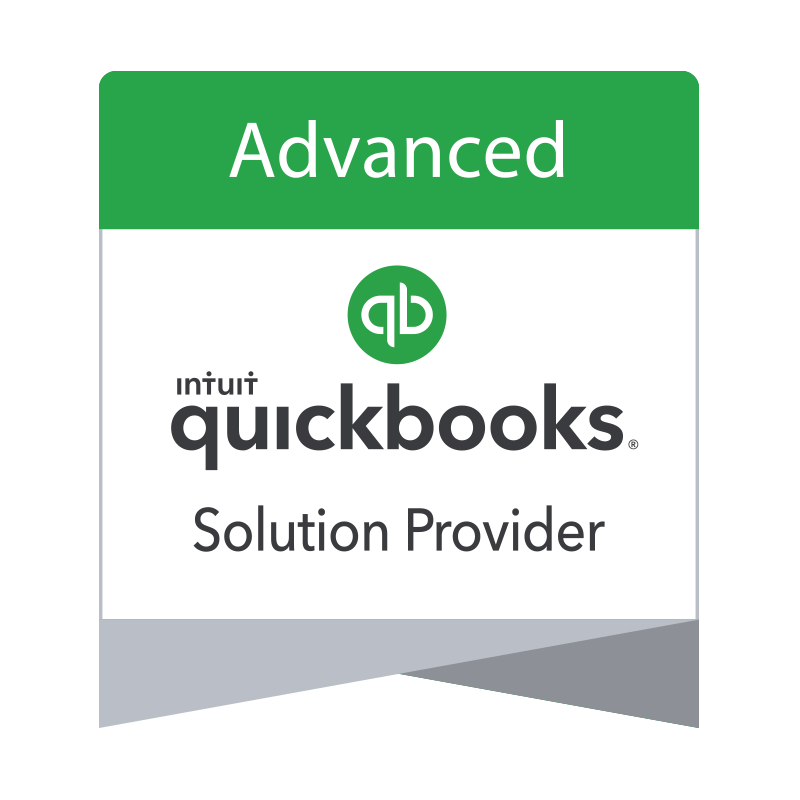
"Our Integrated payment solutions can save a typical small business owner more than 180 hours each year"
See
the features
QuickBooks® ACH, Cards, FedNow and Real-Time Payments
- Payment processing for all QuickBooks desktop, Pro, Premier, Enterprise and also QBO QuickBooks Online Our software is designed for simplicity and ease-of-use.
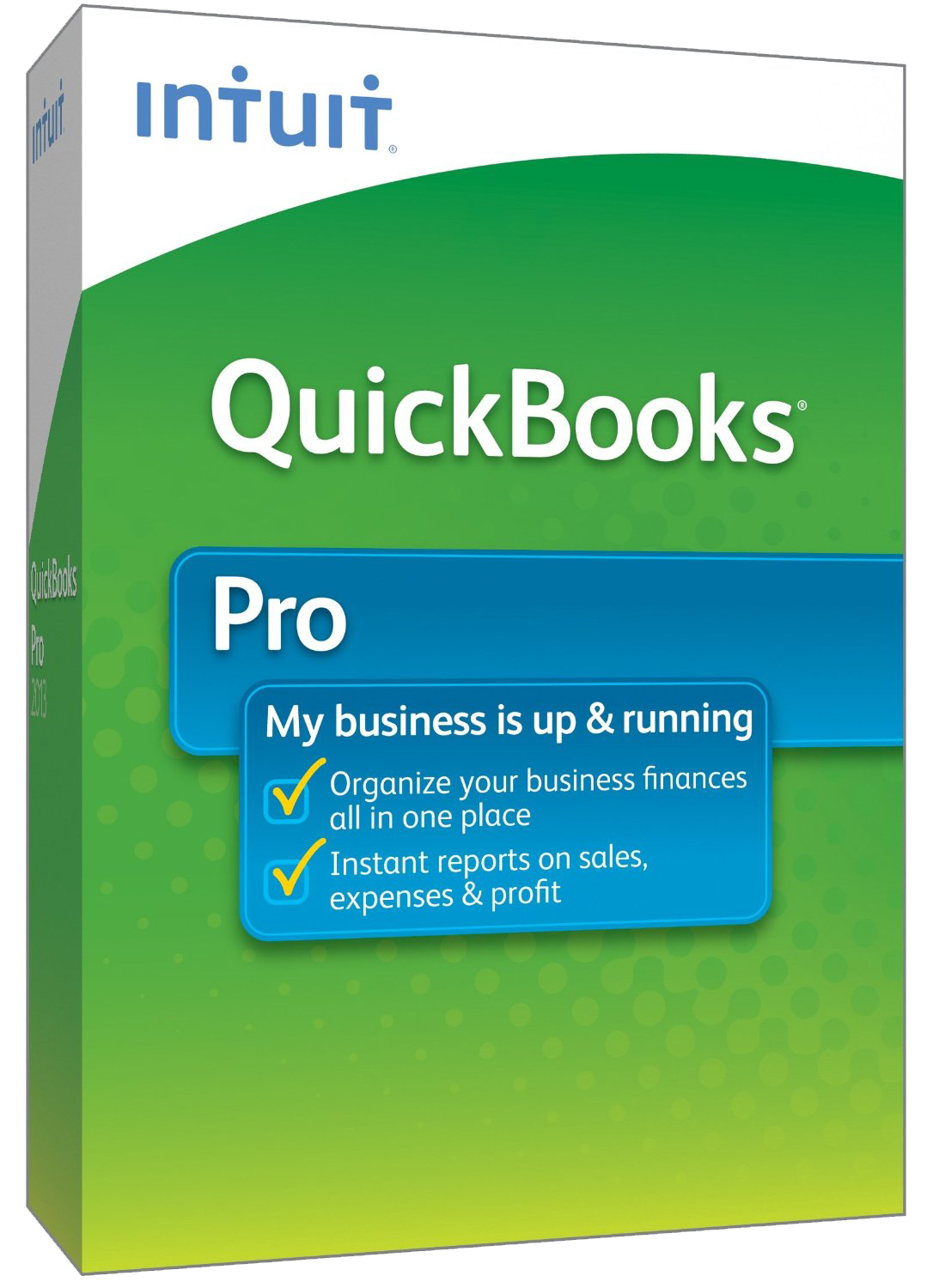
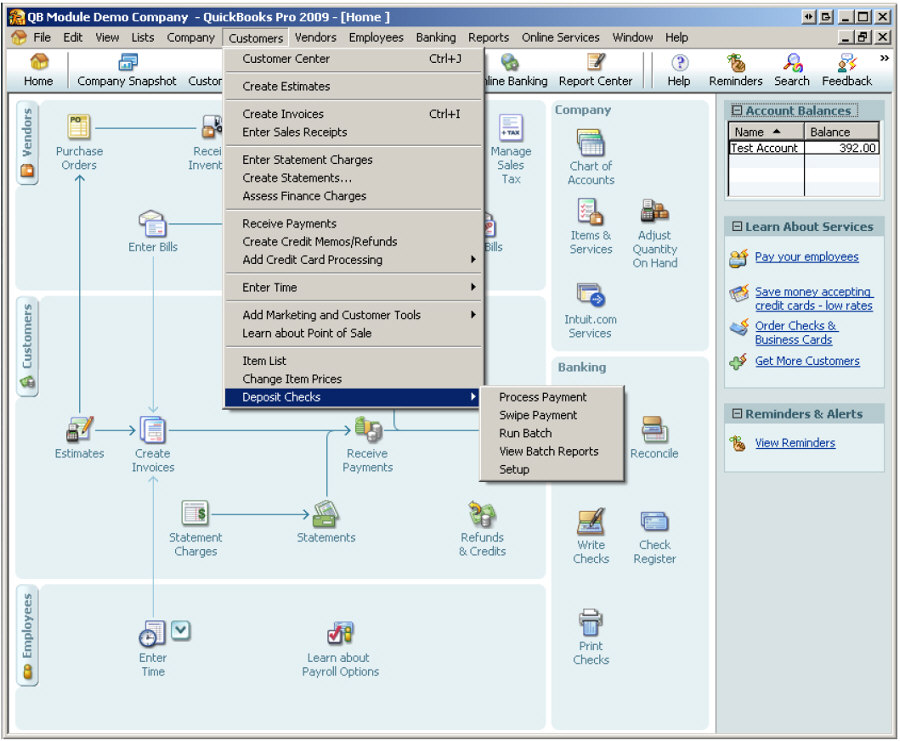
- ~ Automate Account Receivable Collection
- ~ Automate Account Payable Payments
- ~ One-time and Recurring Debits / Credits
Secure QB Plugin payment processing through QuickBooks ® specializes in the origination of moving money electronically.
Ask about our special:
Request for Payments
To integrate Request for Payment (RfP) APIs for ACH, FedNow, and Real-Time Payments (RTP) into QuickBooks Online (QBO) for invoicing, you would typically need to leverage third-party API integrations that connect QBO to your payment processor or bank, allowing you to automate payment requests, receive payments, and manage invoices seamlessly. Here’s a step-by-step guide to implementing these API integrations with QuickBooks Online.
1. Understand the Payment Types and API Integration
ACH (Automated Clearing House) API for QBO:
- Purpose: ACH allows you to send payment requests via bank transfers.
- Use Case: Suitable for processing larger payments or recurring payments that don’t need to be settled instantly.
- File Format: ACH transactions often follow the NACHA standard, which includes account and routing numbers, and can handle recurring or batch payments.
FedNow API for QBO:
- Purpose: FedNow is a real-time payment system operated by the Federal Reserve. It enables instant payment requests and fast fund settlements.
- Use Case: Best for real-time, immediate payments, where funds are settled instantly.
- File Format: Payments typically require ISO 20022 XML format for payment messaging.
RTP (Real-Time Payments) API for QBO:
- Purpose: RTP, operated by The Clearing House, enables instant payments and requests using API integration.
- Use Case: Like FedNow, RTP is best for real-time payments that require immediate fund availability.
- File Format: RTP also uses the ISO 20022 XML format.
2. Leverage QBO Invoicing for Payment Requests
Create Invoices in QuickBooks Online
Before integrating with APIs for payment requests, you must ensure your invoices are properly created in QBO.
- Log in to QuickBooks Online (QBO).
- Navigate to the Sales > Invoices section.
- Create an Invoice and fill out the
necessary details:
- Customer information
- Invoice amount
- Payment due date
- Payment terms
- Save and Send the invoice to your customer.
3. Integrate Payment APIs with QuickBooks Online for Invoicing
Step 1: Choose an API Integration Provider
QuickBooks Online does not natively provide ACH, FedNow, or RTP API integration out of the box. You will need to choose third-party API providers that offer these payment solutions and can integrate with QuickBooks.
Some popular providers include:
- SecureQBPlugin.com (ACH, FedNow & Real-Time Payments with QBO integration)
- Plaid (ACH payments)
- Dwolla (ACH, RTP)
- Finix Payments (ACH, RTP, FedNow)
- Stripe (ACH and real-time payments)
- Bill.com (ACH with QuickBooks integration)
Step 2: Set Up API Access
Once you've selected a provider, follow these steps to integrate their API with QuickBooks Online.
- Sign up for API access:
- Each API provider has its own process to request access. You will typically receive API keys, which are used to authenticate your requests.
- Get API Documentation:
- Your payment provider will supply API
documentation. This will include:
- Endpoints for creating and managing payment requests.
- Required fields (e.g., payer info, amount, due date).
- Authentication protocols (OAuth, API keys).
- Your payment provider will supply API
documentation. This will include:
- Connect Your QBO to the API Provider:
- Many API providers offer pre-built integrations for QuickBooks Online. Use these integrations to directly sync your QBO invoices with the API provider.
- For providers without pre-built integrations, you can use middleware or custom-built API integrations (e.g., using Zapier, SecureQBPlugin.com or a custom integration built by developers).
4. API Workflow for Request for Payments (RfP) with QBO
Here’s a sample workflow for how ACH, FedNow, or RTP payment requests would work with QuickBooks Online via APIs:
Step 1: Create an Invoice in QBO
- Create a detailed invoice in QBO, specifying the customer details, amount due, and payment terms.
Step 2: Send an API Request for Payment
After the invoice is created, you will trigger the Request for Payment (RfP) through the API connected to QBO.
- For ACH payments:
- The API will create a payment request using the customer’s bank account and routing number.
- The payment will be processed on the scheduled date, and the status will be updated in QuickBooks.
- For FedNow payments:
- The API will generate a real-time payment request, sending a notification to the customer to pay instantly.
- Once the customer authorizes the payment, the funds will settle in real-time, and the API will notify QBO.
- For RTP payments:
- The API will send an RTP Request for Payment to the customer, typically through their bank or a real-time payment app.
- Once the customer authorizes the payment, funds will be transferred instantly, and the API will update the payment status in QBO.
Step 3: Real-Time Payment Tracking
- The API provides real-time payment status
updates, which can be reflected in your QuickBooks account. This
includes statuses like:
- Pending
- Completed
- Failed
- This real-time status will ensure that you always know when a payment is settled or needs attention.
Step 4: Automate Payment Reconciliation
- Once the payment is processed, the API automatically marks the invoice as paid in QuickBooks Online.
- The payment transaction is recorded in QBO, and any necessary fees or transaction costs can also be automatically reconciled if supported by the API provider.
5. Real-Time Notifications and Webhooks
Many payment API providers offer webhooks, which are real-time notifications sent to your application when certain payment events occur. This is particularly useful for tracking payment statuses in real time.
- Webhook Use Cases:
- Receive an instant notification when a payment is initiated, completed, or fails.
- Automatically update your QBO invoices and payment records without manual intervention.
For instance, once a FedNow or RTP payment is processed, the webhook can trigger an update to mark the corresponding invoice as paid in QuickBooks.
6. Security and Compliance
When integrating any payment APIs with QuickBooks Online, make sure to follow security best practices:
- Data Encryption: Ensure that sensitive payment information, such as customer bank details, is encrypted during transmission.
- PCI Compliance: Ensure that your payment API provider complies with PCI-DSS (Payment Card Industry Data Security Standard) to protect sensitive cardholder data.
- API Authentication: Use strong authentication mechanisms such as OAuth 2.0 or API keys to secure your API integrations.
Conclusion
By integrating ACH, FedNow, and Real-Time Payments (RTP) Request for Payment APIs with QuickBooks Online, you can streamline your invoicing and payment workflows. These integrations will allow you to automate the process of sending payment requests, tracking real-time payment statuses, and ensuring timely reconciliation in QBO. While QuickBooks doesn’t natively offer these capabilities, third-party API providers like SecureQBPlugin.com, Plaid, Dwolla, and Finix provide the tools necessary to implement this functionality effectively.
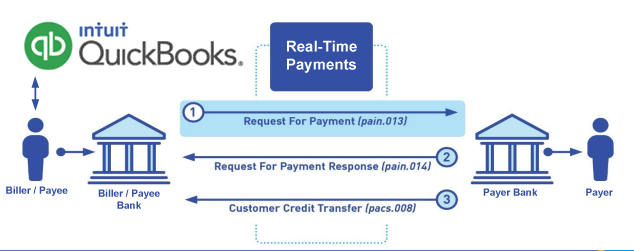
Call us, the .csv and or .xml Request for Payment (RfP) file you need while on your 1st phone call! We guarantee our reports work to your Bank and Credit Union. We were years ahead of competitors recognizing the benefits of RequestForPayment.com. We are not a Bank. Our function as a role as an "Accounting System" in Open Banking with Real-Time Payments to work with Billers to create the Request for Payment to upload the Biller's Bank online platform. U.S. Companies need help to learn the RfP message delivering their bank. Today Payments' ISO 20022 Payment Initiation (PAIN .013) show how to implement Create Real-Time Payments Request for Payment File up front delivering message from the Creditor (Payee) to it's bank. Most banks (FIs) will deliver the message Import and Batch files for their company depositors for both FedNow and Real-Time Payments (RtP). Once uploaded correctly, the Creditor's (Payee's) bank continuing through a "Payment Hub", will be the RtP Hub will be The Clearing House, with messaging to the Debtor's (Payer's) bank.
Our in-house QuickBooks payments experts are standing ready to help you make an informed decision to move your company's payment processing forward.
Pricing with our Request For Payment Professionals
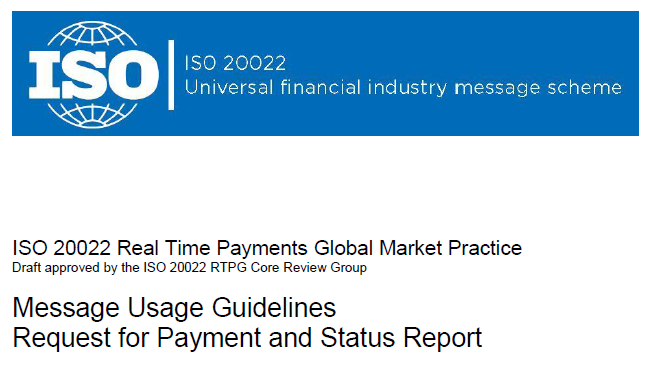
1) Free ISO 20022 Request for Payment File Formats, for FedNow and Real-Time Payments (The Clearing House) .pdf for you manually create "Mandatory" (Mandatory data for completed file) fields, start at page 4, with "yellow" highlighting. $0.0 + No Support
2) We create .csv or .xml formatting using your Bank or Credit Union. Create Multiple Templates. Payer/Customer Routing Transit and Deposit Account Number may be required to import with your bank. You can upload or "key data" into our software for File Creation of "Mandatory" general file.
Fees = $57 monthly, including Support Fees and Batch Fee, Monthly Fee, User Fee, Additional Payment Method on "Hosted Payment Page" (Request for file with an HTML link per transaction to "Hosted Payment Page" with ancillary payment methods of FedNow, RTP, ACH, Cards and many more!) + $.03 per Transaction + 1% percentage on gross dollar file,
3) Payer Routing Transit and Deposit Account Number is NOT required to import with your bank. We add your URI for each separate Payer transaction.
Fees Above 2) plus $29 monthly additional QuickBooks Online "QBO" formatting, and "Hosted Payment Page" and WYSIWYG
4) Above 3) plus Create "Total" (over 600 Mandatory, Conditional & Optional fields of all ISO 20022 Pain .013) Price on quote.
